New research project aims to make companies account for climate change challenges

(Photo: Shutterstock)
The green transition should be reflected in corporate financial accounts in order to hold businesses accountable for climate change challenges, explains Thomas Riise Johansen, CBS Professor and Project Coordinator of the TIME MIRROR project, which has received funds worth DKK 11.6 million.
“A time mirror or ‘tidsspejl’ in Danish is associated with gazing into the future and considering where we want to go. We hold up a mirror, gaze into it and figure out what is needed to reach what we see.”
The statement above comes from Thomas Riise Johansen, Professor at the Department of Accounting and project coordinator of the new research project TIME MIRROR.
In short, the four-year project, which is a joint collaboration between researchers from the Department of Accounting and the Department of Organization at CBS, revolves around how and what companies can do to reflect the climate change challenges in their financial accounting, such as annual reports.
“We want to explore current practices and standards, document them systematically, and investigate how companies should account for climate change challenges, including the investments needed to tackle those challenges, and what is required to get companies to change accounting practices. We need standards and regulations that can both help and force the businesses to account for climate change challenges,” says Thomas Riise Johansen about the project that has received DKK 11,6 million from the Independent Research Fund Denmark.
He explains that, in recent years, companies have been shouldering even more pressure to initiate sustainability strategies and action plans, but there are no standards for how to report them in financial accounts.
“The stakeholders of companies will ask; what do these initiatives cost? What are the financial effects of them? How should companies account for them? It’s fine that companies announce goals such as carbon neutrality in a certain year, but it must be clarified and specified how these goals are reached and what are the financial consequences,” he says and continues:
“And we believe this project can contribute with such clarification. Not only to make accountants happy, but also to make companies take sustainability and accountability seriously.”
An impossible task
More and more companies are announcing their plans to reach net zero emissions in 2050 and become carbon neutral, but Thomas Riise Johansen foresees various challenges related to how climate risks may impact valuations and provisions in the balance sheet.
It’s about identifying the hurdles we need to remove to move on
Thomas Riise Johansen
“Climate risks affect the financial accounts, and in different ways. Let’s say that parts of the production run on diesel. Maybe two years ago, the accountants estimated that the production would last for another 20 years, but now it is irresponsible to keep running on diesel, and this will affect the write-offs,” he says and continues:
“The project also aims to envisage how to put the costs of removing carbon emissions in the future in the financial accounts of the present. This requires serious investments, and the question is how these costs are made visible to stakeholders in the financial accounts, such as in the form of balance sheet provisions. This might help revealing whether companies are viable in the longer term.”
He points out that some companies are already incorporating climate change challenges into their annual accounts, including reporting on CO2 emissions, but the question is: when is it good enough?
“When discussing the climate, sustainability and CO2 emissions, drawing a line can be difficult. One thing is accounting for your own production’s CO2 emissions, but what about your suppliers? Do you need to take their CO2 emissions into account as well, and how do you calculate them? It is difficult enough to account for an to deal with measurement uncertainties of your own direct emissions. Just imagine if you had to account for your subsuppliers’ financial accounts in your own annual report. Then it becomes extremely complex,” he says.
Thomas Riise Johansen acknowledges that developing standards and tools for reporting on climate change challenges might seem an “impossible task”, nonetheless “we must tackle this”.
Therefore, he hopes that the project can help clarify what the green transition will cost, as well as figuring out ways to make the companies accountable, and this is where the organizational researchers enter the picture.
“We must also consider the different actors and stakeholders involved. Experts, investors and NGOs, who are all key actors, might be agents that support and push for green accounting standards. It is important to understand how this dynamic between agents, accounting standards and companies can contribute to the green transition,” he says.
Personally, Thomas Riise Johansen, who has been involved in research on sustainable accounting for years, will be studying the underlying reporting systems and measurements that decide what goes into the annual report and what barriers exist to making companies accountable for reporting climate change challenges.
“It’s about identifying the hurdles we need to remove to move on,” he says.
In total, 11 researchers will be working on the TIME MIRROR project; five professors, two associate professors, two assistant professors, and two PhD fellows.




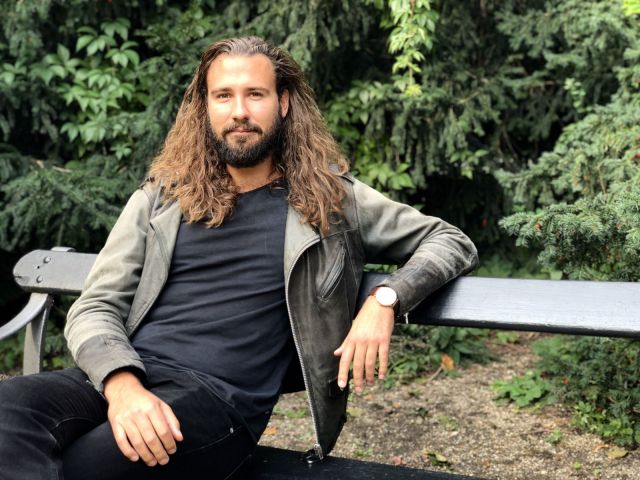
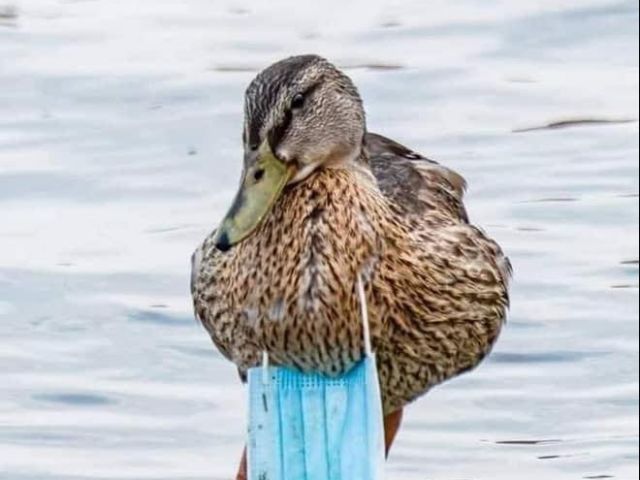

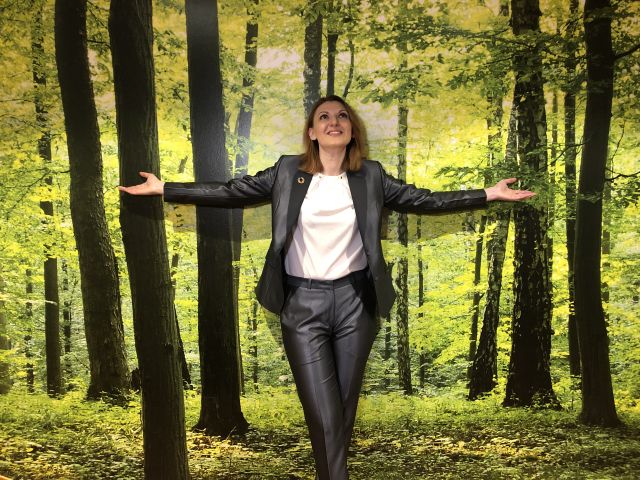
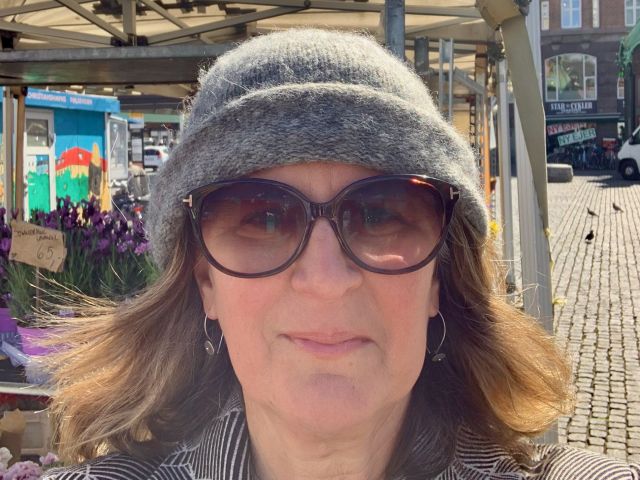
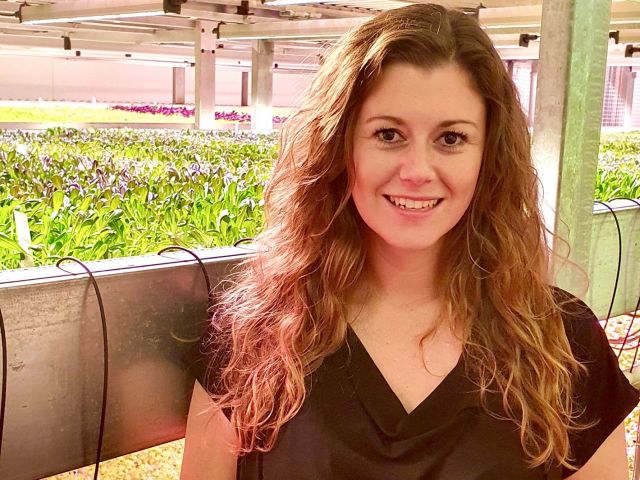




























































































































Comments